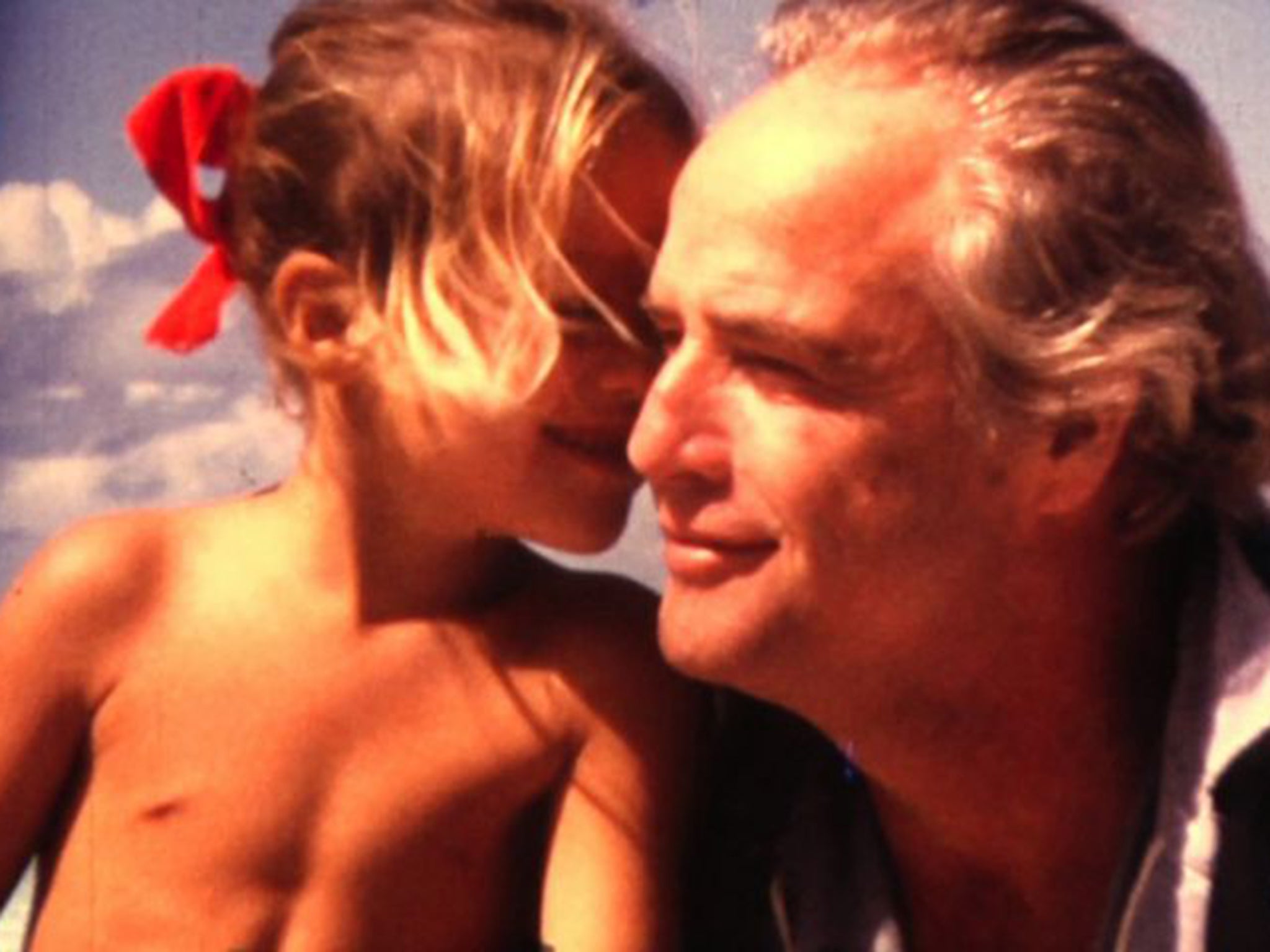Listen To Me Marlon, film review: Brando is engagingly self-deprecating
(15) Stevan Riley, 100 mins

Your support helps us to tell the story
From reproductive rights to climate change to Big Tech, The Independent is on the ground when the story is developing. Whether it's investigating the financials of Elon Musk's pro-Trump PAC or producing our latest documentary, 'The A Word', which shines a light on the American women fighting for reproductive rights, we know how important it is to parse out the facts from the messaging.
At such a critical moment in US history, we need reporters on the ground. Your donation allows us to keep sending journalists to speak to both sides of the story.
The Independent is trusted by Americans across the entire political spectrum. And unlike many other quality news outlets, we choose not to lock Americans out of our reporting and analysis with paywalls. We believe quality journalism should be available to everyone, paid for by those who can afford it.
Your support makes all the difference.Stevan Riley made an excellent documentary about the all-conquering West Indies cricket team of the 1970s (Fire in Babylon) and a very good one about the James Bond films (Everything or Nothing). Now, in this moving and revelatory documentary, he turns his attention to Marlon Brando.
He has access to hours of audio tape, which Brando recorded over the years. This material includes everything from the increasingly obese movie star – late in his career – desperately telling himself to shed the pounds, to lyrical, stream-of-consciousness-like meditations on his Omaha childhood. He reminisces about the sweet smell of liquor on his mother's breath, and gives perceptive reflections on "method" acting as he was taught it by Stella Adler.
Most of Brando's major movies are addressed. We hear him calling Francis Ford Coppola a "c**ksucker" after he felt the director betrayed him on Apocalypse Now. He is fascinating about his experiences filming the ill-fated Mutiny on the Bounty, the movie that introduced him to his beloved Tahiti. Brando has an engagingly self-deprecating way of expressing himself, whether he is talking about being the face of 1950s teen rebellion or about making enough from his movies to "say f**k you to money".Riley makes judicious use of clips from Brando's films, newsreels and interviews he gave over the years. The film features Brando's very poignant reflections on mortality, which we hear as we see the famous scene of Don Corleone's death in The Godfather.
Join our commenting forum
Join thought-provoking conversations, follow other Independent readers and see their replies
Comments